Physical security has always been a huge concern for individuals, businesses, and governments alike. Traditionally, security measures relied heavily on human intervention and surveillance technologies such as CCTV cameras. While effective to some extent, these methods are often limited by human error, attention spans, and the inability to process vast amounts of data in real-time. This is where AI steps in, bringing a level of sophistication and intelligence that can revolutionize how we protect our assets, infrastructures, and people.
The integration of AI into security systems presents a new frontier of protection, offering enhanced capabilities and efficiencies that were previously unimaginable.
Understanding AI in Security
At its core, AI refers to the simulation of human intelligence processes by machines, especially computer systems. In the physical security industry, AI algorithms can be trained to analyze data from various sources, identify patterns, and make informed decisions without human intervention. This capability opens up a world of possibilities for bolstering security measures.
Enhanced Surveillance
AI-powered surveillance systems can monitor environments with unprecedented accuracy. By analyzing video feeds in real-time, these systems can detect suspicious behavior, unattended baggage, or unauthorized individuals. What sets AI apart is its ability to learn and adapt. Over time, these systems become more effective as they learn from their experiences, reducing false alarms and improving overall security.
Predictive Analytics
Another significant benefit of AI in security is its capacity for predictive analytics. By analyzing historical data and current trends, AI algorithms can anticipate potential security threats before they occur. For instance, in a public space, AI can detect anomalies in crowd behavior, enabling security personnel to take preemptive action.
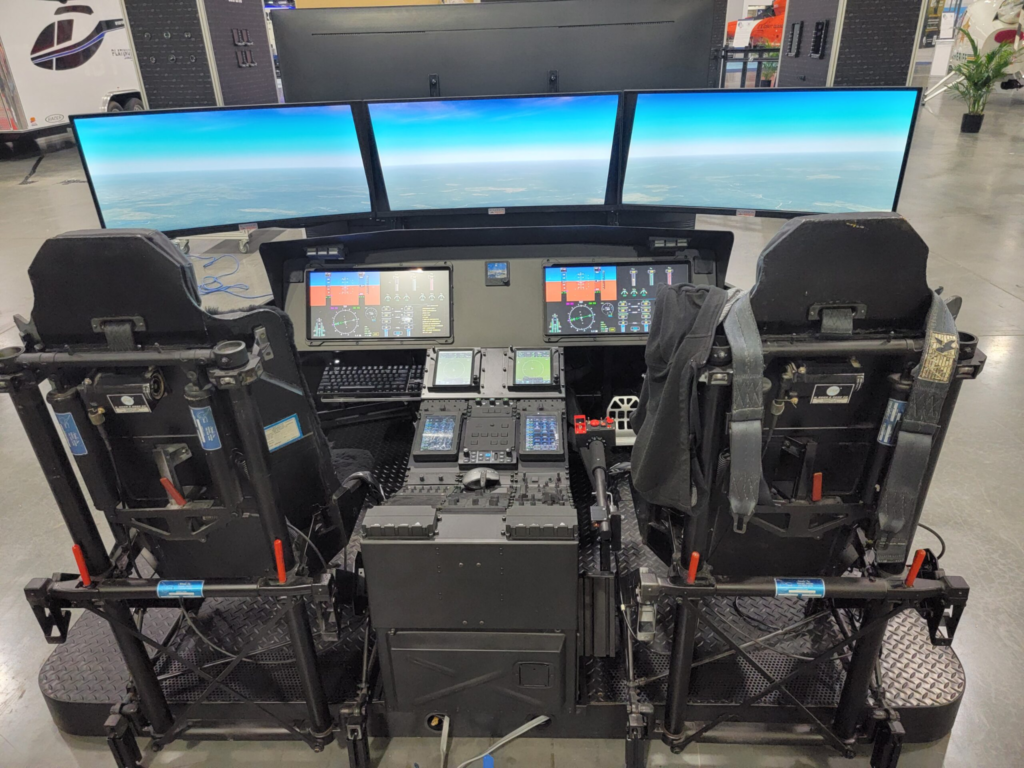
Facial Recognition and Access Control
Facial recognition technology, powered by AI, is becoming increasingly prevalent in security systems. This technology can accurately identify individuals in real-time, allowing for seamless access control in high-security areas. Whether it’s securing a corporate office or a sensitive government facility, AI-driven facial recognition ensures that only authorized personnel can enter.
Autonomous Drones and Robotics
In recent years, we’ve seen the rise of autonomous drones and robotics in security applications. AI plays a central role here, enabling drones to patrol areas autonomously, detect intruders, and even communicate with ground security teams. This fusion of AI and robotics provides a versatile and efficient security solution, especially for large-scale facilities or remote locations.
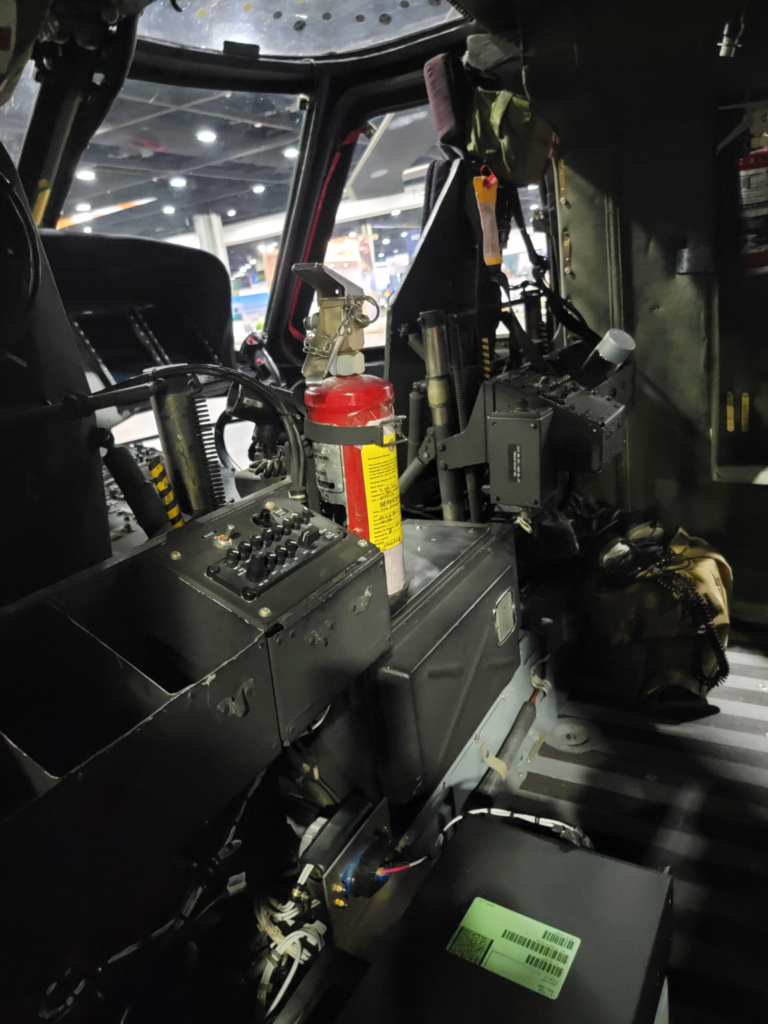
The Advantages of AI in Security
- Real-Time Response: AI systems can react instantly to security threats, minimizing response times and improving overall effectiveness.
- Cost Efficiency: While the initial investment in AI-powered systems can be significant, the long-term cost savings are substantial. Reduced need for human surveillance and the prevention of costly security breaches make AI a financially sound choice.
- Scalability:AI systems can scale effortlessly. Whether it’s a small retail store or a sprawling airport, AI-powered security solutions can adapt to the needs of any environment.
- 24/7 Vigilance: Unlike human security personnel who need breaks, AI systems operate round-the-clock without fatigue or distraction.
- Data-driven Insights:The data collected by AI systems provides valuable insights into security trends, allowing organizations to improve their security protocols continuously.
Overcoming Challenges and Ethical Considerations
While the potential of AI in physical security is vast, it is not without its challenges and ethical considerations. Privacy concerns, algorithm biases, and the potential for misuse are important factors that must be addressed as AI technology continues to advance.
Privacy Concerns
Facial recognition and other AI-powered technologies raise valid privacy concerns. Striking a balance between security and individual privacy rights is crucial. Regulations and guidelines must be put in place to ensure that AI is used responsibly and transparently.
Algorithm Bias
AI algorithms are only as unbiased as the data they are trained on. If the training data contains biases, such as racial or gender biases, the AI system can perpetuate these biases. It is essential to regularly audit and refine AI algorithms to mitigate these risks.
Misuse of Technology
As with any powerful technology, there is a risk of misuse. AI-powered surveillance systems could be used for unauthorized mass surveillance or tracking individuals without consent. Robust regulations and ethical guidelines are necessary to prevent such misuse.
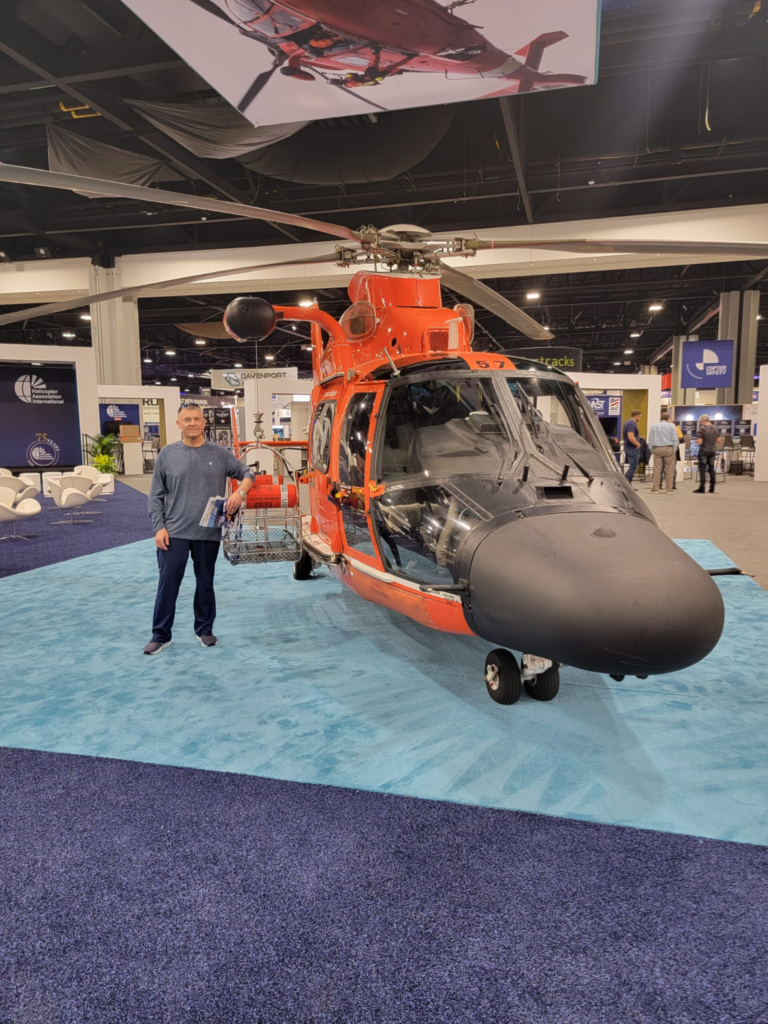
In this era of advancing technology and the vital need for comprehensive security solutions, consider Operational Police Protective Services in Maryland. Our expertise in integrating AI into security measures, combined with our roster of off-duty police, protective services, and armed security personnel, ensures a robust and dynamic approach to safeguarding your assets. With AI-driven surveillance systems and the expertise of trained professionals, we offer a cutting-edge solution to today’s security challenges.
Contact us, hire protective services, and benefit from AI security solutions.

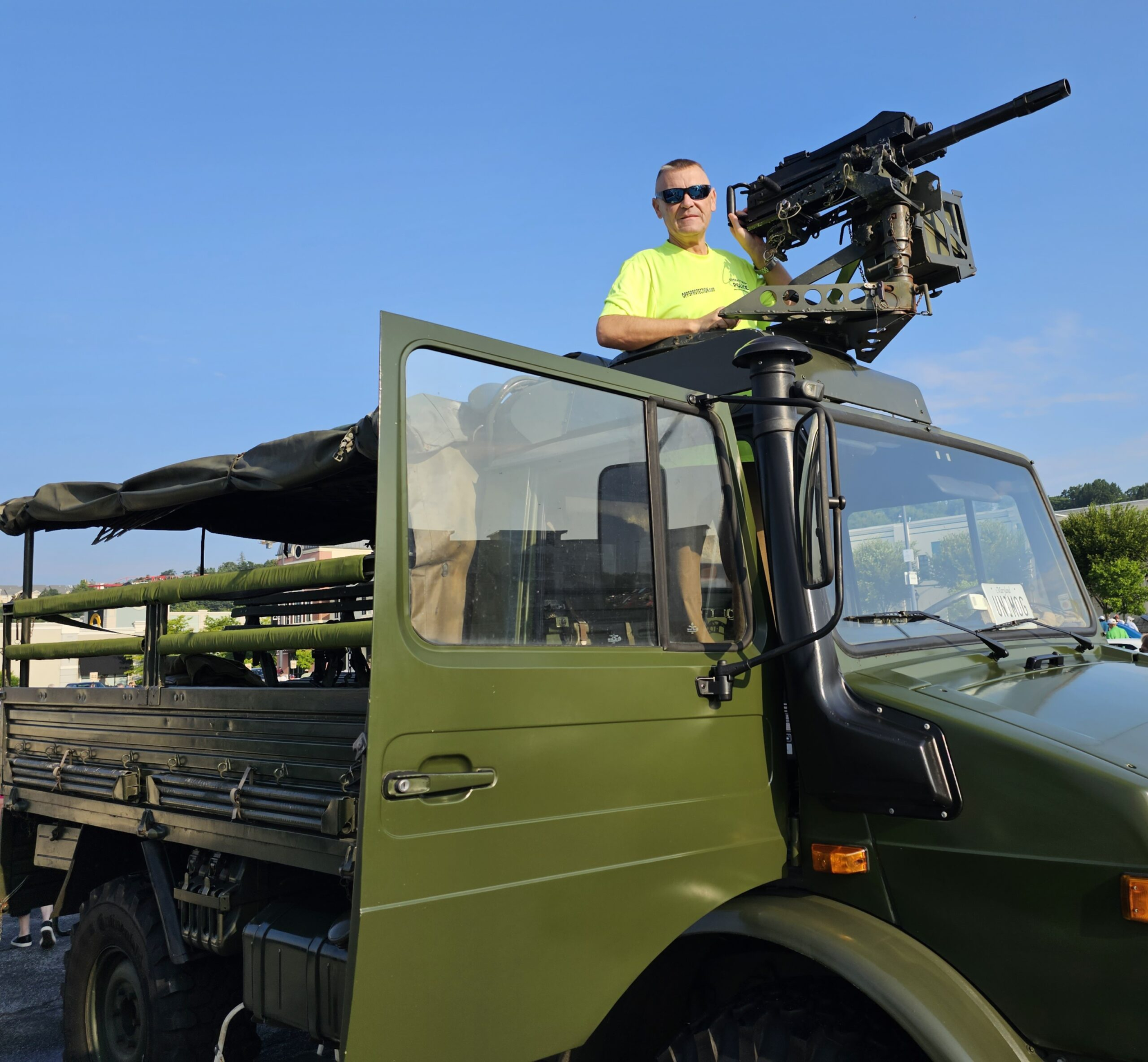

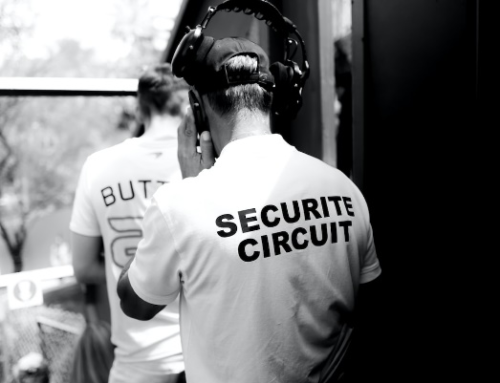
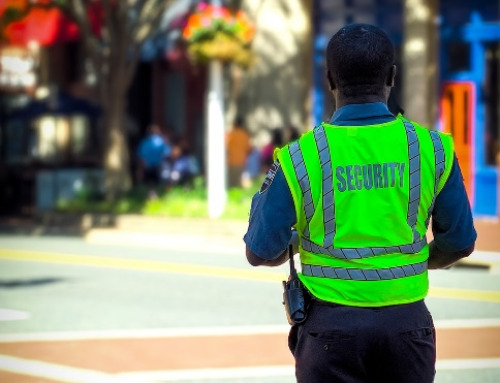


Leave A Comment
You must be logged in to post a comment.